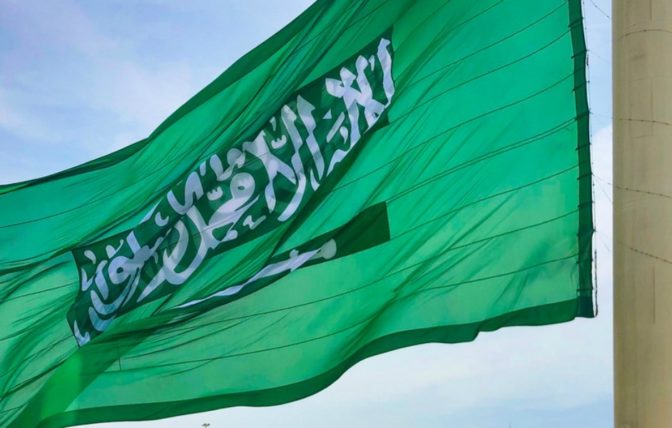
 "
"

 "
"

Saudi Arabia is fast developing a halal regulatory framework to handle all its food imports. Companies that have plans to export their food products to the kingdom need to get a detailed understanding of the proposed halal regulatory framework. The government had plans to approve the new halal certification system by July 1, 2021. However, the approval is delayed by another six months. The proposed certification system may be similar to what the other GCC countries like the UAE, and Qatar are already following.
Following in the footsteps of its neighboring country United Arab Emirates (UAE), Saudi Arabia has begun introducing the halal regulatory system in the last couple of years. Saudi Arabia began setting up a Halal Center within the Saudi Food & Drug Authority (SFDA) followed by the introduction of an approval system of foreign halal certification bodies. The new approval system for Halal certification bodies replaces the previous requirement of halal certification bodies to be recognized by Muslim World League for their halal certificate to be accepted in Saudi Arabia. Just like for UAE, the halal certification body needs to be accredited by an SFDA recognized accreditation body to get registered with SFDA.
Up until now, a total of 69 halal certification bodies have been approved by SFDA for Saudi Arabia. There are no approved halal certification bodies in Saudi Arabia as all local & national halal certification is operated and managed by SFDA itself.
Many of these halal certification bodies are from Russia while others are Saudi-based food manufacturers who plan to export their products out of Saudi Arabia. Recently, Saudi authorities approved Prime Corporation, a UAE-based certification as their sole halal certification body in the Phillippines for all products being exported from the Philippines to the kingdom.
Currently, only meat & meat-based products and ingredients require a mandatory halal certificate to enter the Saudi Arabian market, just like the case in other Gulf Cooperation Council (GCC) countries including UAE. But SFDA has gone ahead of their neighboring countries and proposed a new draft regulation wherein most food products shall require halal certificates to enter the Saudi Arabian market.
Once approved and implemented it may not only become a trade barrier for manufacturers and/or exporters especially from countries that do not have any SFDA registered certification bodies, but it could also add considerable costs to many products.
The regulation was first communicated by SFDA at the end of 2020 with an implementation date of 1st July 2021. But the unlikelihood of implementation from the target date due to the short grace period, a delay of six months from the implementation date has now been proposed. The implementation of the entire regulation is divided into two phases with the first phase of implementation due to begin on 1st January 2022 while the second on 1st July 2022 as prescribed in the updated draft regulation.
Following are the new product categories that would require mandatory halal certification by an SFDA approved halal certification body to enter the Saudi Arabian market are:
(i.e. energy, carbonated & sports drinks, juices, sauces, nutritional supplements, baby foods, canned foods, etc.)
First, four of the above-listed product categories would be subject to implementation from 1st January 2022 and the last category of products with long shelf life at room temperature will be implemented from 1st July 2022. The draft regulation in question lists approximately 100 product-specific standards along with 7 general standards that cover the majority of the common food products used by everyday consumers. The draft regulation is open for public comments till 30th April 2021. There are still question marks over the matter of permissibility of cross-border certification and exemption for certain food products from mandatory halal certification etc.
Finally, irrespective of whether the proposed regulation is approved or is implemented from next year, companies should take note of the direction countries in the GCC are heading in terms of halal, (UAE, Qatar already have an approval system for international halal certification bodies) and plan accordingly.
Reference: The Halal Times